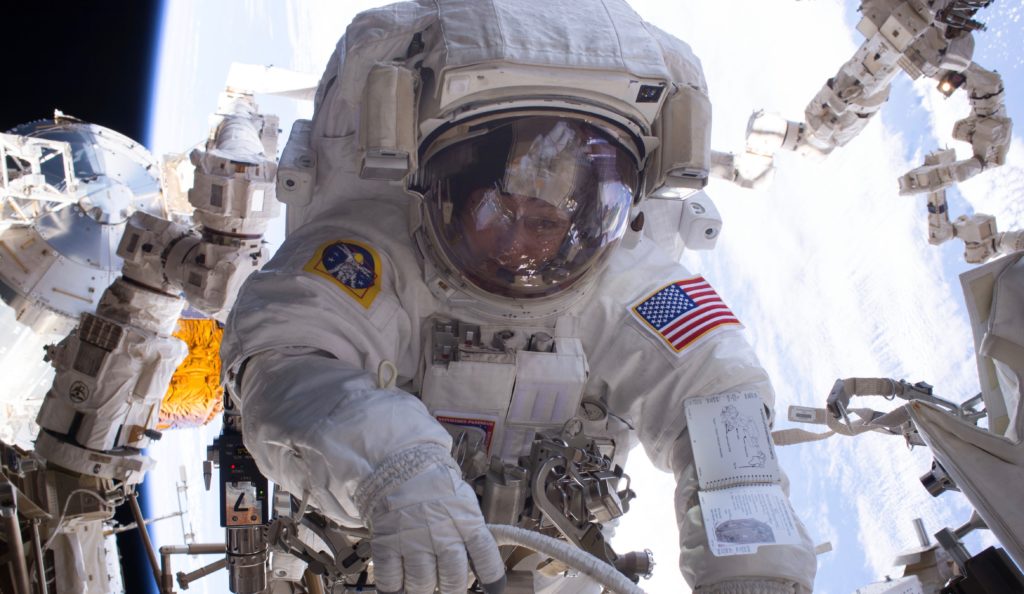 Physics, Earth & Space
Physics, Earth & Space
Guillermo Gonzalez Extends “Privileged Planet” Arguments to Space Travel

As outlined in the book The Privileged Planet, by Guillermo Gonzalez and Jay Richards, the Earth is not only fine-tuned for life, but is also well-designed to allow us to make scientific discoveries. A new BIO-Complexity paper by Guillermo Gonzalez, “The Solar System: Favored for Space Travel,” extends privileged planet arguments to our ability to travel in space. Gonzalez previously summarized some of his arguments here, but it’s worth outlining some of his arguments.
Many of the exoplanets that are being discovered are giant “super-earths,” planets with a mass up to 10X Earth’s mass. These planets pose a problem for space travel. As the gravity of a planet increases, so does the amount of fuel that is needed for a rocket to escape the gravity of the planet and reach space. As Gonzalez puts it, “mass fraction [of fuel in a rocket] is an exponentially increasing function of delta-V relative to the exhaust velocity.” Thus, as the surface gravity of a planet increases, the amount of fuel needed for a rocket to be blasted into space increases at an exponential rate until so much fuel would be needed that it would be impossible for the rocket to escape a planet’s gravity.
He finds “that the maximum payload mass is reduced by about 40% for a super-earth only about 20% more massive than Earth. Beyond 1.65 Earth masses the Saturn V could not launch anything beyond the planet’s atmosphere.” In other words, a civilization on a planet larger than about 1.65 Earth masses would find it very difficult to engage in planetary exploration as we have done going to the moon.
A Skeptic’s Question
A skeptic might ask, “Couldn’t a more technologically advanced civilization develop new sources of fuel that require less mass?” Perhaps — one can always appeal to hypothetical or unknown scientific discoveries to explain away just about any problem. However, privileged planet arguments look at what we know, not what we don’t know. Based upon what we know, the technological evolution of any civilization must presumably pass through “lower tech” phases like we’re in right now before they reach “higher tech” phases. It seems like we’re pretty “lucky” that less than 200 years from the start of the Industrial Revolution, we were able to explore space and land on the moon.
Gonzalez also asks how difficult it would be for a rocket to escape a solar system. He finds that “it is more difficult to launch interstellar missions from the circumstellar habitable zone of a low mass star.” But our sun’s size makes the production of such rockets feasible.
When it comes to finding new ways of applying privileged planet arguments to find properties of earth that are “fine-tuned,” the sky is literally the limit.
Photo: Astronaut Peggy Whitson on a spacewalk, March 2017, by NASA.
